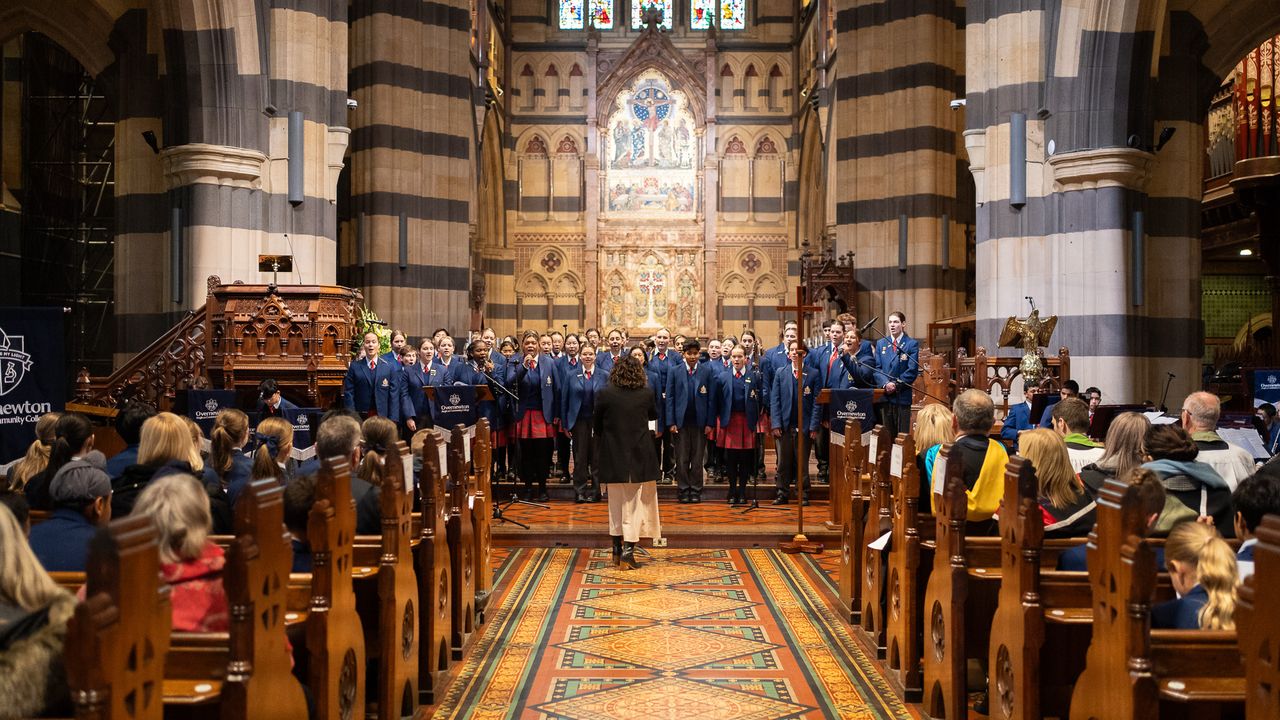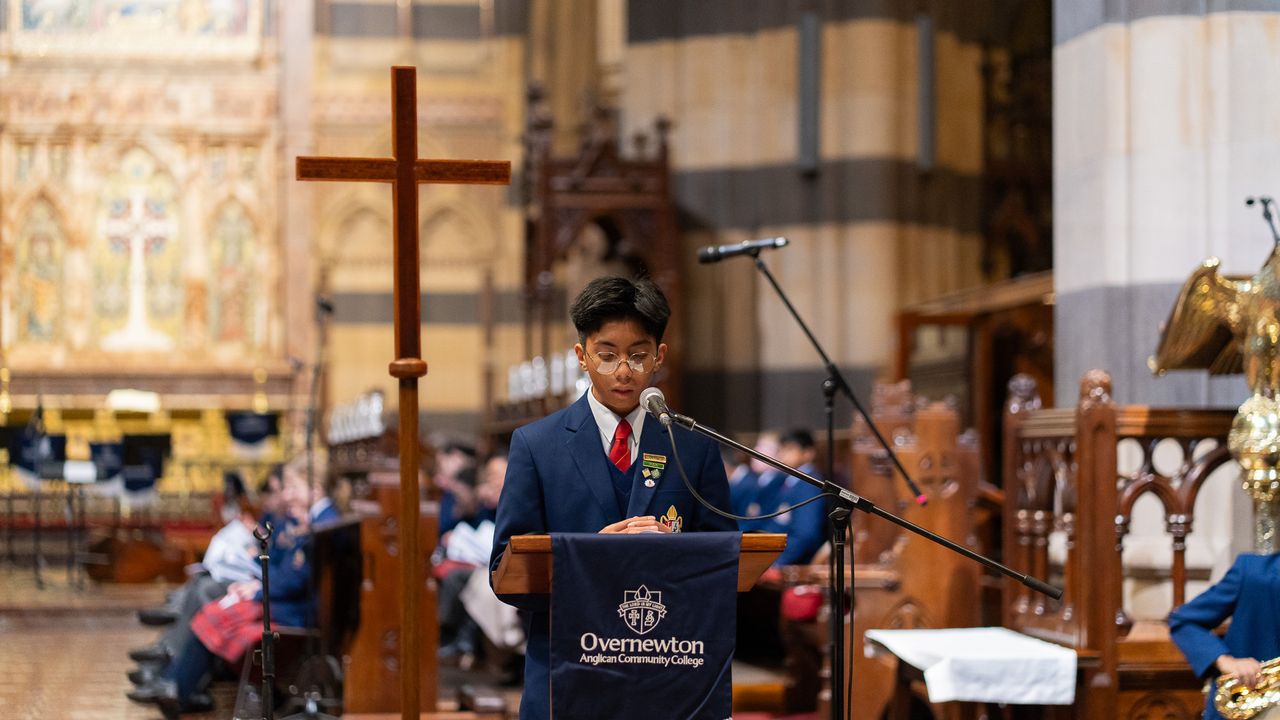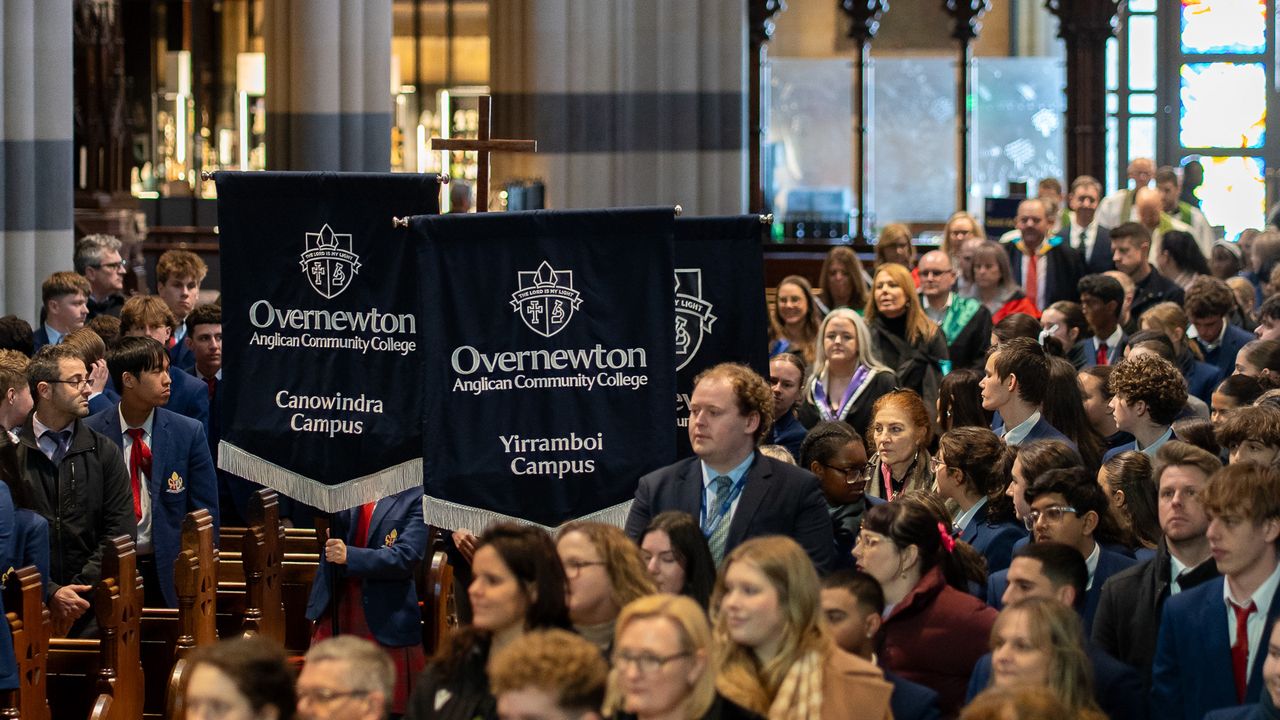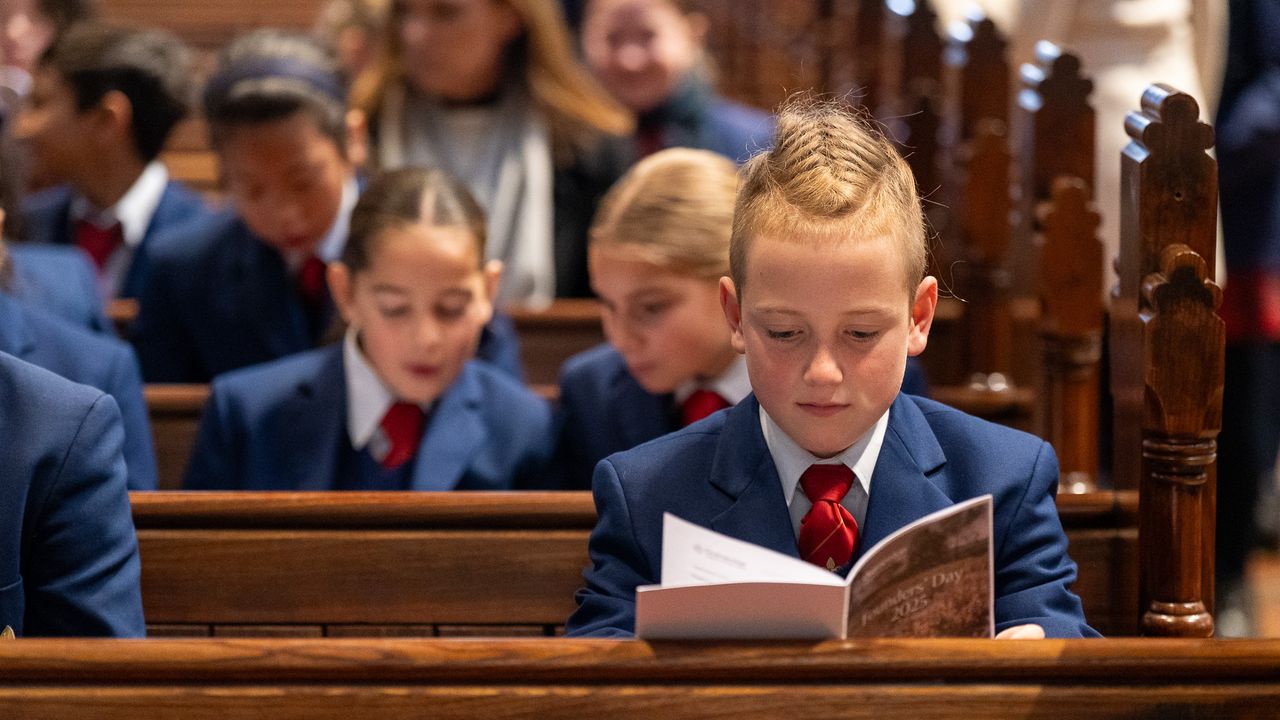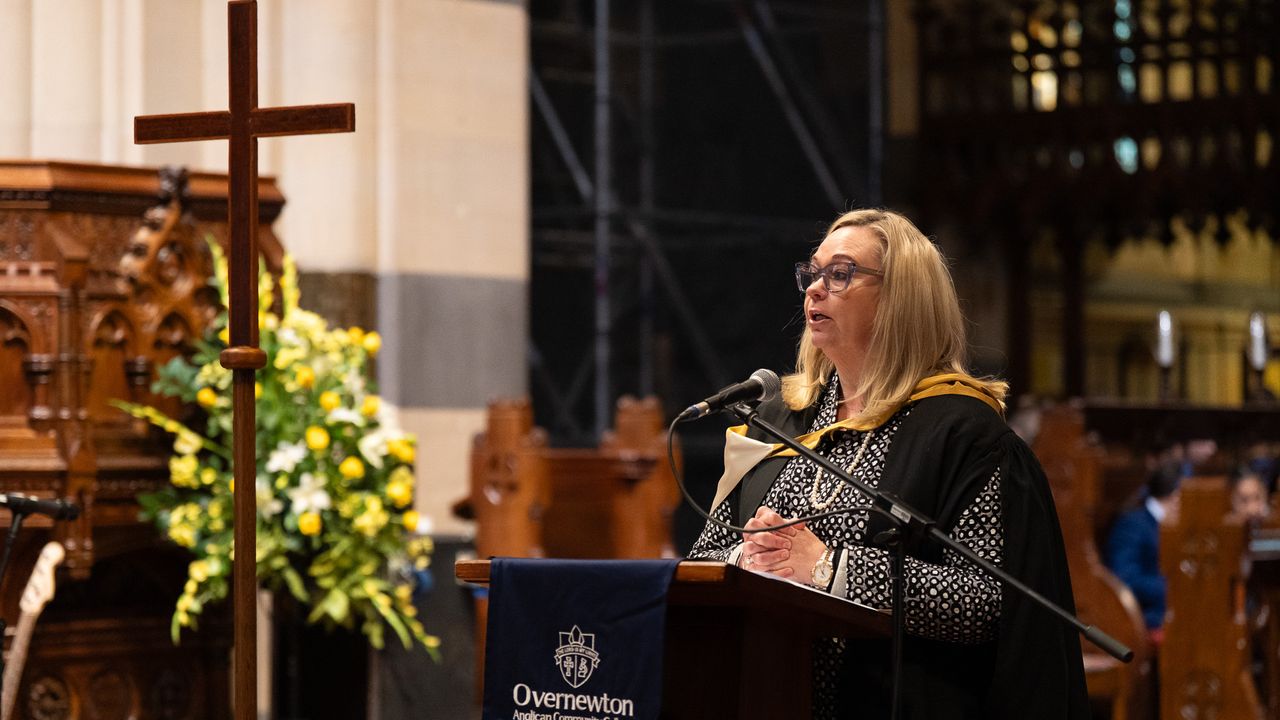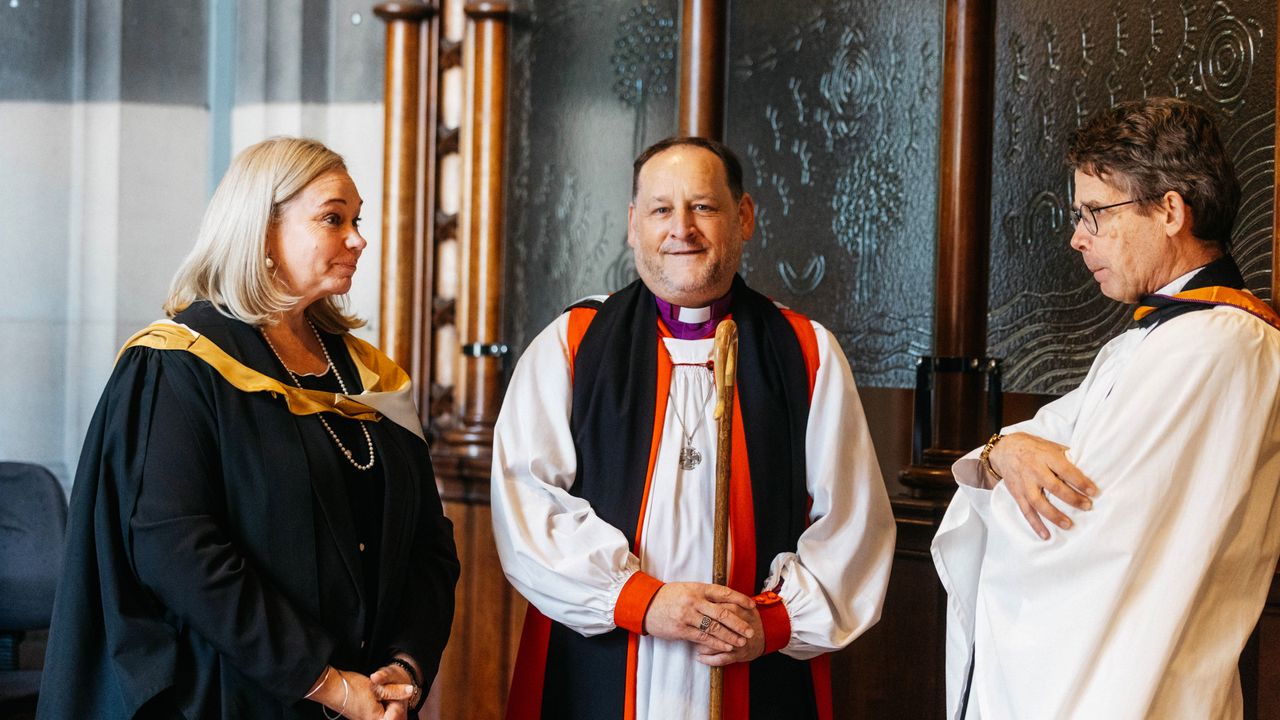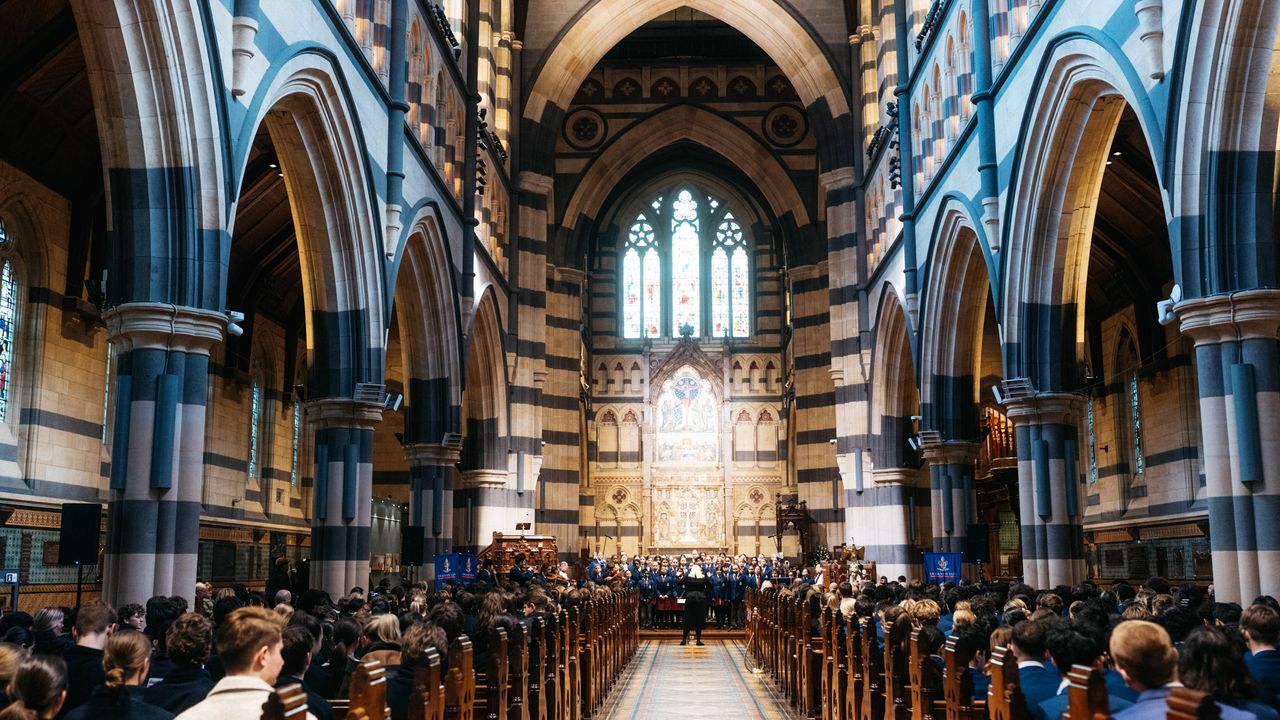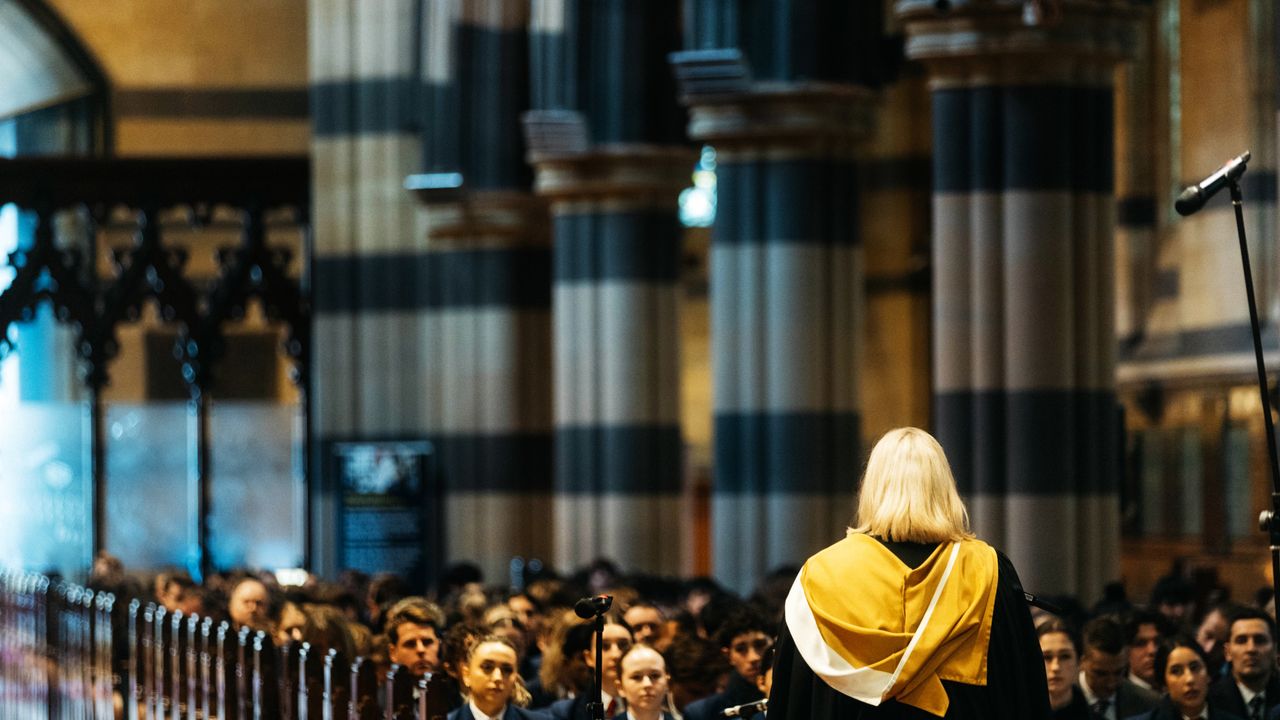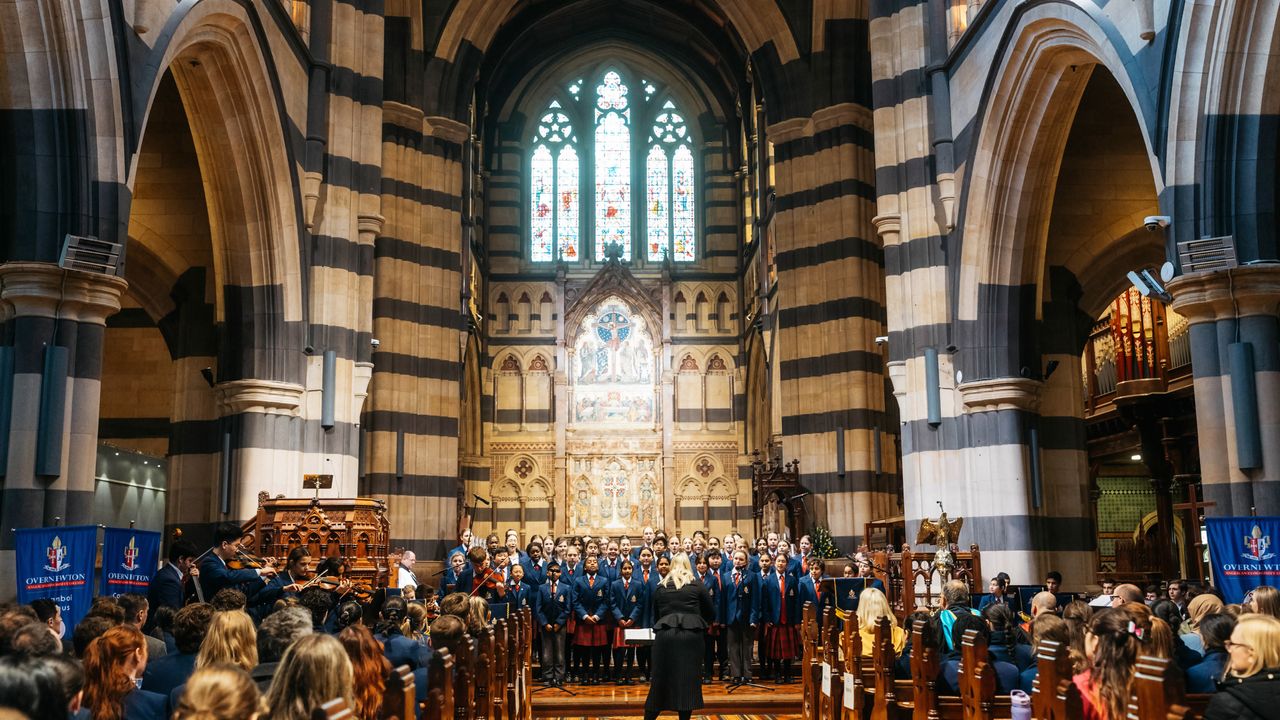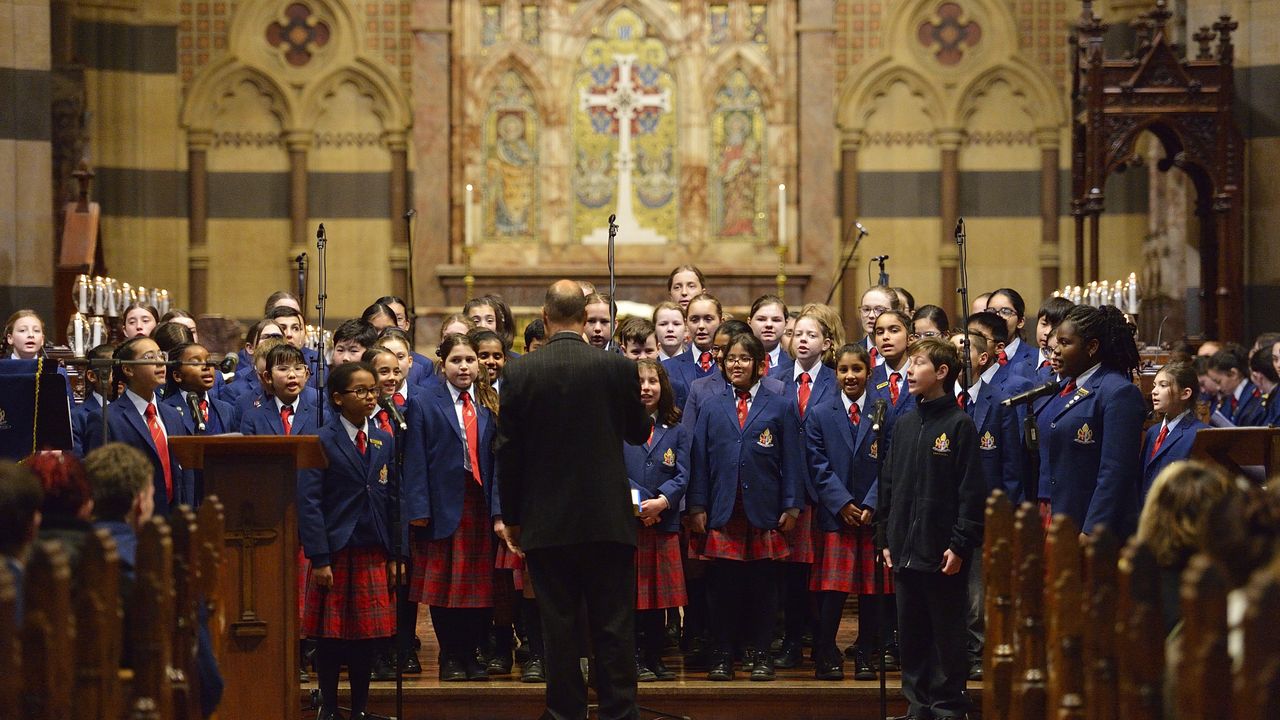Proudly Anglican
Exploring Faith, Embracing All
Our Anglican foundation shapes a community where faith is explored, diversity is embraced, and every student can find meaning and belonging.
Our Anglican heritage provides a strong Christian foundation that shapes the life of our College. It fosters a community grounded in compassion, respect, and service - values that reflect the teachings of Jesus Christ. We proudly welcome students and families from all faiths, traditions, and cultural backgrounds, embracing the richness that diversity brings to our community.
All students take part in regular Chapel services and participate in our Religious Studies program. These experiences are designed to encourage thoughtful exploration of faith, meaning, and spirituality. From Year 11, Religious Studies becomes an elective, allowing students the option to explore these themes more deeply.
Throughout the Religious Studies journey, students are invited to explore questions such as: Who is God? What does it mean to live a life of faith? How can values drawn from the Christian tradition guide everyday life?
At the same time, our curriculum introduces students to the beliefs and practices of other world religions and the deep spirituality of Australia’s First Nations peoples. This broad approach helps students develop empathy, critical thinking, and a respect for difference.
Beyond learning about faith, our program encourages students to reflect on its role in shaping communities, guiding ethical choices, and fostering strong relationships. They also develop skills in interpreting the Bible and other sacred texts, preparing them to engage with the world thoughtfully and compassionately.
Chaplaincy
Our Chaplain, Reverend Peter Landry, provides spiritual guidance, pastoral care, and Christian ministry to students, families, and staff throughout their time at the College. He offers a steady presence, providing comfort in times of difficulty, celebrating moments of joy, and walking alongside individuals as they learn, grow, and navigate life’s journey.
Rev. Peter plays a vital role in building a sense of connection, belonging, and hope within the Overnewton community, reflecting the love and compassion at the heart of the Christian faith.
Watch Reverend Peter Landry's Message
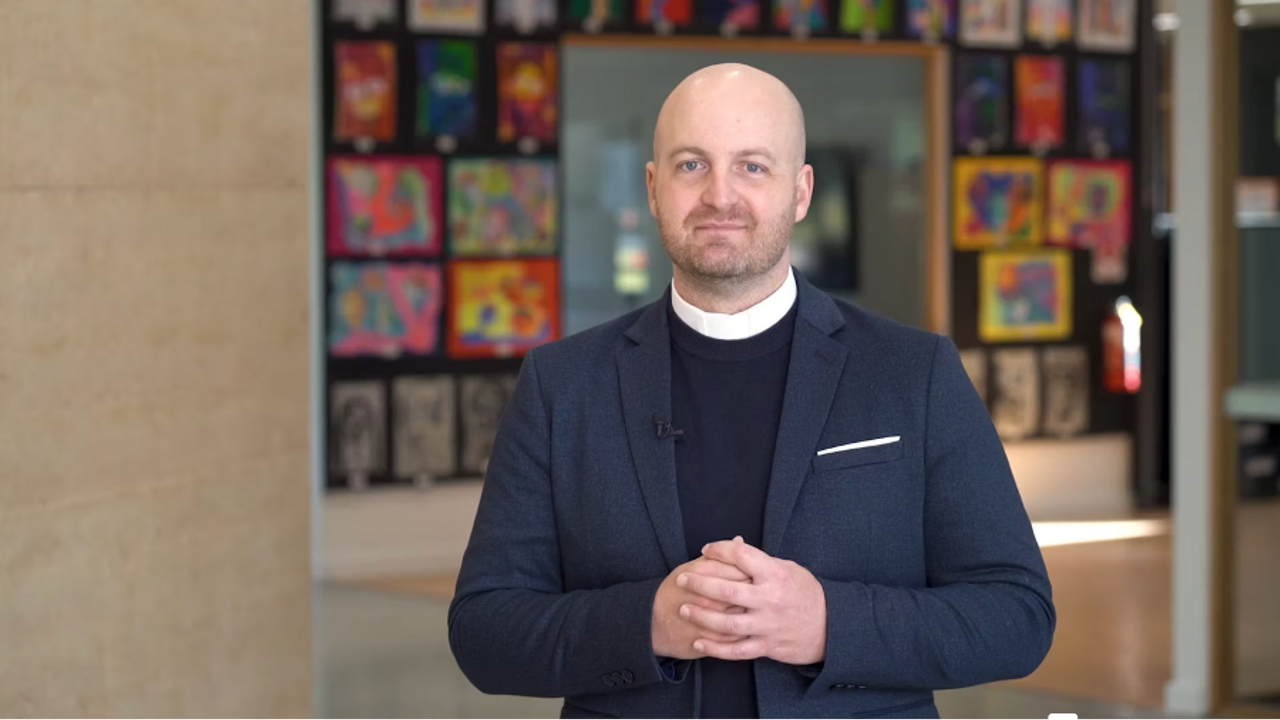
About our Chaplain
Reverend Peter Landry was born in Dundee, South Africa, and grew up in Durban. His passion for ministry led him to serve as a pioneering Youth Minister in Namibia, working with community development networks across Southern Africa. He later moved to Cape Town, earning a Bachelor of Theology (Hons.) and serving in church and community roles, including youth ministry, prison reconciliation, and homeless outreach.
Rev. Peter’s journey took him to South Korea as a School Chaplain and then to the UK, where he served as a Youth Pastor in London, advising on adolescent poverty and crime. He completed his Anglican ordination training at St Mellitus College, earning a Master of Theology from Durham University. Ordained in 2020, he led the revitalisation of Whaddon Way Church before relocating to Australia in 2024 to join Overnewton Anglican Community College as Chaplain.
Rev. Peter is married with two children. In his spare time, he enjoys exploring Australia with his family, camping, fishing, listening to music and podcasts, reading, and discovering the best coffee spots in Victoria.
Our Home Church - St Paul's Cathedral
The beautiful St Paul's Cathedral in Melbourne serves as our home church, offering a sacred space for our community to mark important College events such as Founders' Day and the Junior School Carol Service.
We are privileged to visit this iconic landmark, where students, staff, and families come together in celebration, reflection, and unity. The cathedral's rich history and spiritual significance for Anglicans in Melbourne and Victoria provides a meaningful backdrop for our community to connect and honour the values that Overnewton holds true.
We acknowledge and pay respect to the Marin Balluk people of the Kulin Nation, the Traditional Custodians of the Land on which Overnewton Anglican Community College stands. We respect the knowledge that will be forever embedded within the Aboriginal Custodianship of Country and remember the loss of cultures, languages and Lands they have endured. Like the Marin Balluk people, we at Overnewton want to respect the Land, the cultures and the heritages, and learn from those who have come before us in the passing on of knowledge and the teaching of life skills, as well as continue with wise stewardship of our buildings and grounds. We honour their custodianship of this Land and offer them our deep respect.



